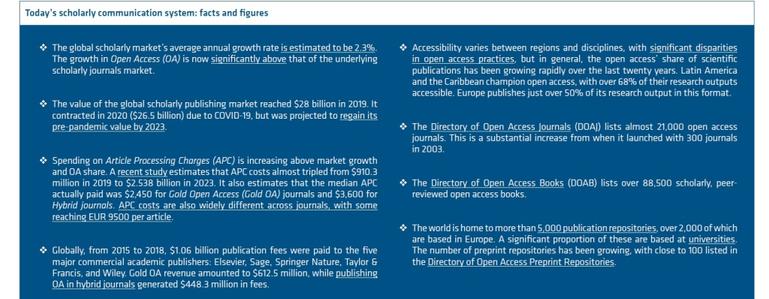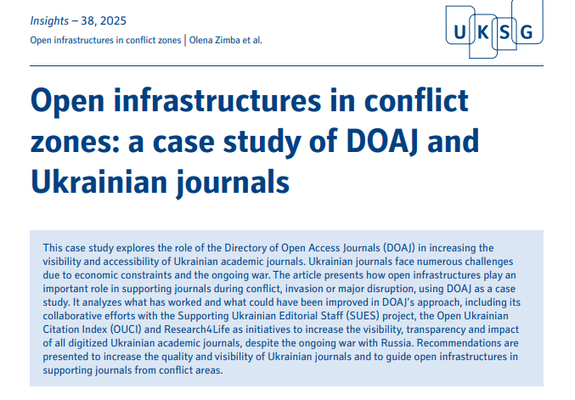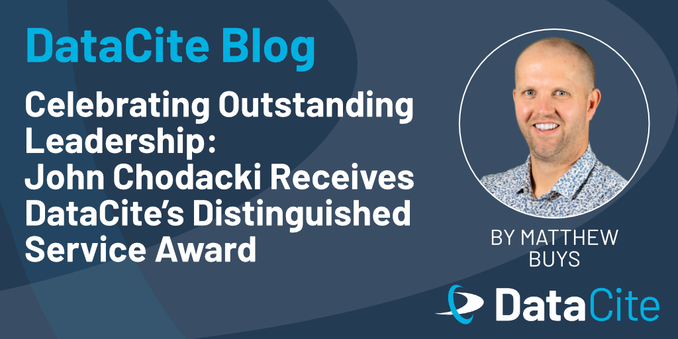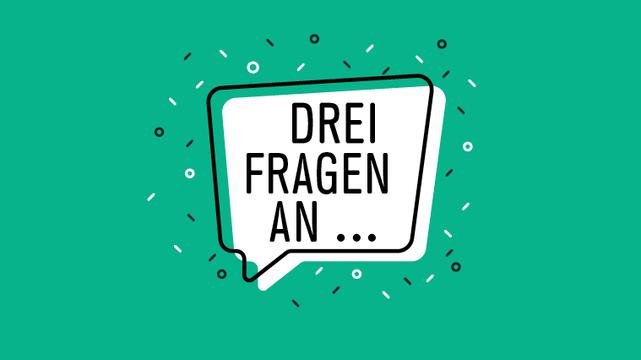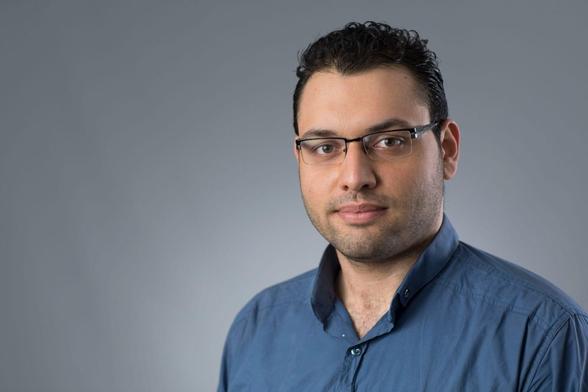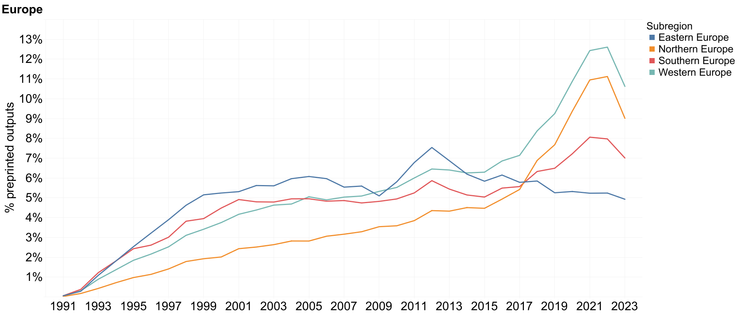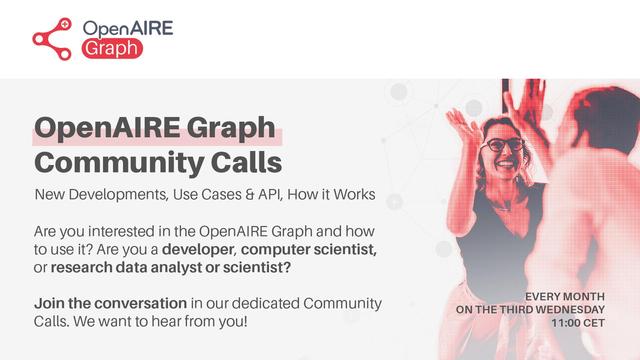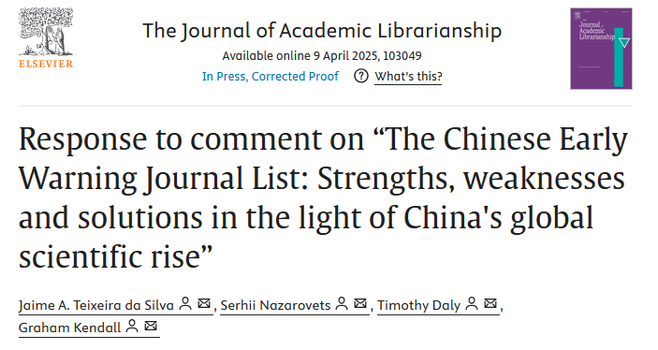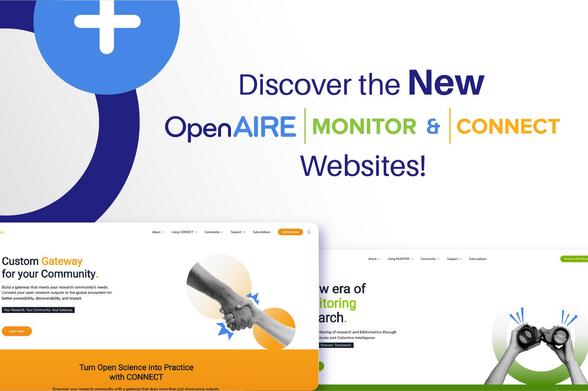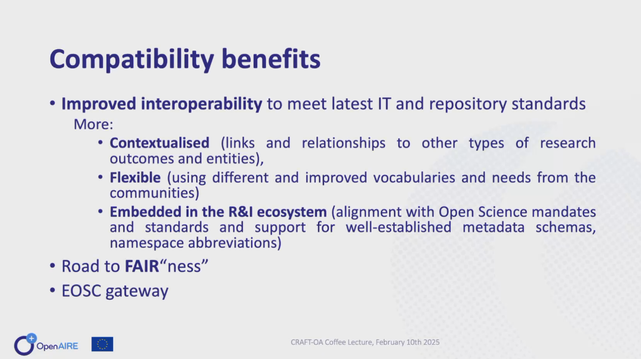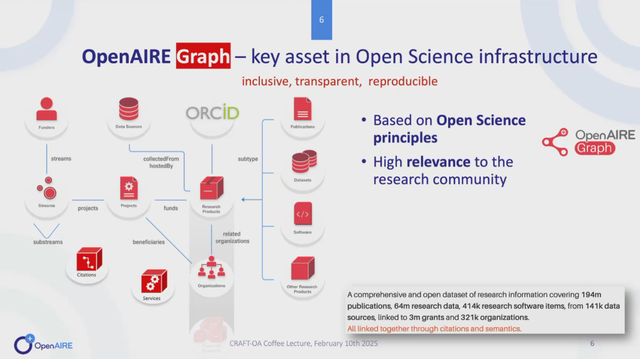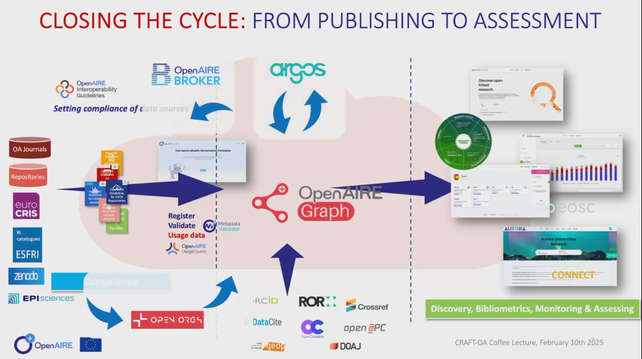Three questions to Dr Allard Oelen and Dr Mohamad Yaser Jaradeh on one year of ORGK Ask
diesen Beitrag auf Deutsch lesen
The “ORKG Ask” service was launched in May 2024 and is now a year old. This scientific search and discovery system provides answers from almost 80 million scientific documents, helping researchers to find the scientific publications they need. Dr Allard Oelen and Dr Mohamad Yaser Jaradeh from TIB developed the AI-based tool in just four months. In this interview, they discuss the tool, its functions, the challenges they faced during development and in the first year, and the features that will be added in the coming months.
What motivated the development of ORKG Ask, and how does ORKG Ask differ from other scientific search systems? What unique advantages does it offer users, and what impact will the tool have on scientific research?
Dr Allard Oelen // Photo: TIB /C. Bierwagen
Dr Allard Oelen: ORKG Ask is a next-generation scholarly search engine that uses the latest artificial intelligence (AI) technologies, such as large language models (LLMs) and semantic embeddings, to help researchers find relevant papers more efficiently.
Dr Mohamad Yaser Jaradeh: Established search systems often use keyword-based searches, leaving researchers to extract relevant information from the candidate articles themselves. ORKG Ask, on the other hand, uses a neural semantic search, which enables it to do more than just match keywords; it can actually find relevant work. It also uses LLMs to extract key concepts and information from articles, providing direct and detailed answers to research questions.
What challenges did you face during the development of ORKG Ask and how did you solve them?
Dr Allard Oelen: We wanted to ensure the system was easy to use and accessible for everyone. This means we added several features that modern-day web applications have, such as a dark mode, full responsiveness, accessibility for visually impaired users, and the possibility to use the interface in multiple languages.
Dr Mohamad Yaser Jaradeh // Photo: TIB/C. Bierwagen
Dr Mohamad Yaser Jaradeh: Also, since the service is available publicly in production to the public, and not just a prototype, we used the latest technologies and best practices for development applications. ORKG Ask is fully open source, this also benefits potential future developers, for whom it is then easier to contribute to the codebase.
What developments have been made in the past twelve months since ORKG Ask went online and what improvements are planned for ORKG Ask in the future to increase its usefulness for the scientific community?
Dr Mohamad Yaser Jaradeh: ORKG Ask is still in its infancy and there are a lot of plans to improve the service further. Recently, we introduced new reproducibility features, making it more transparent to users how answers are generated. For the future, we are working on customizing the LLMs for our particular usecases to improve the responsivenss and effiency of the results, Furthermore we want to leverage user-collected feedback to further guide development efforts, so in case you have any suggestions, please get in touch with us.
Dr Allard Oelen: For now, we plan to make a tighter integration with the core ORKG system, where Ask can be used to create ORKG Comparisons. Also, we plan to work on data provenance, showing to the user how specific LLM data is extracted, allow the user to further specify the LLM extracted information with schemas. As well as, permitting research institutes and interested parties in applying all functionalities of Ask on their own datasets.
About the ORKG
The Open Research Knowledge Graph (ORKG) is a service that aims to revolutionise the way scientific knowledge is shared and used. By creating a structured, searchable knowledge graph, the ORKG makes scientific information more accessible and usable for the global research community.
#AI #LargeLanguageModel #LizenzCCBY40INT #ORKG #ORKGAsk #scholarlyCommunication
